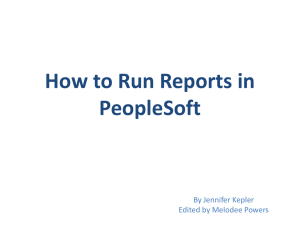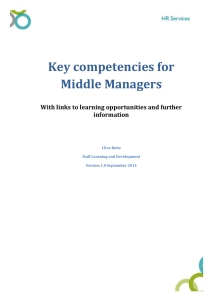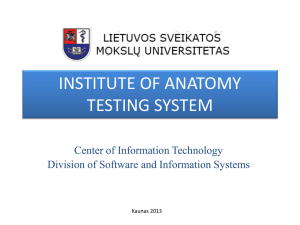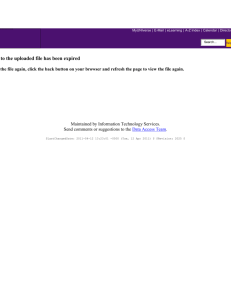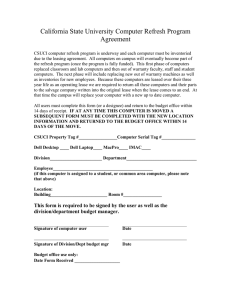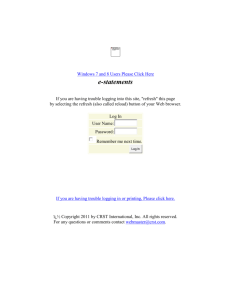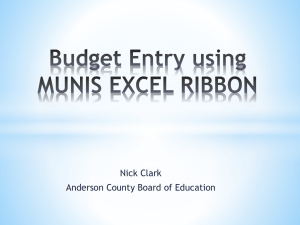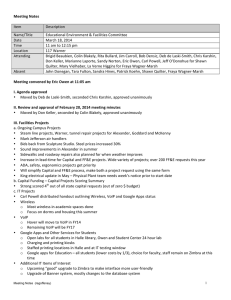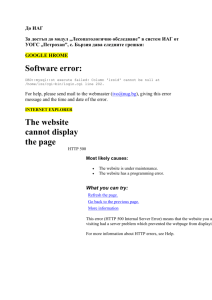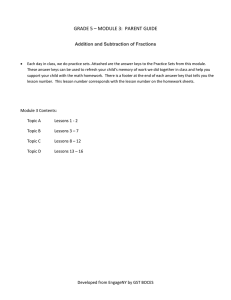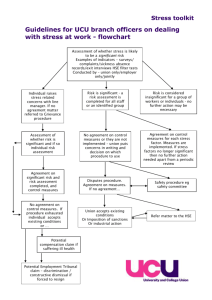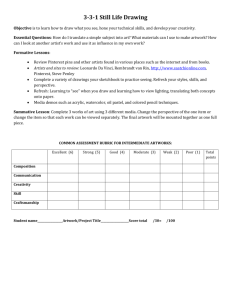To develop yourself as a team leader you must
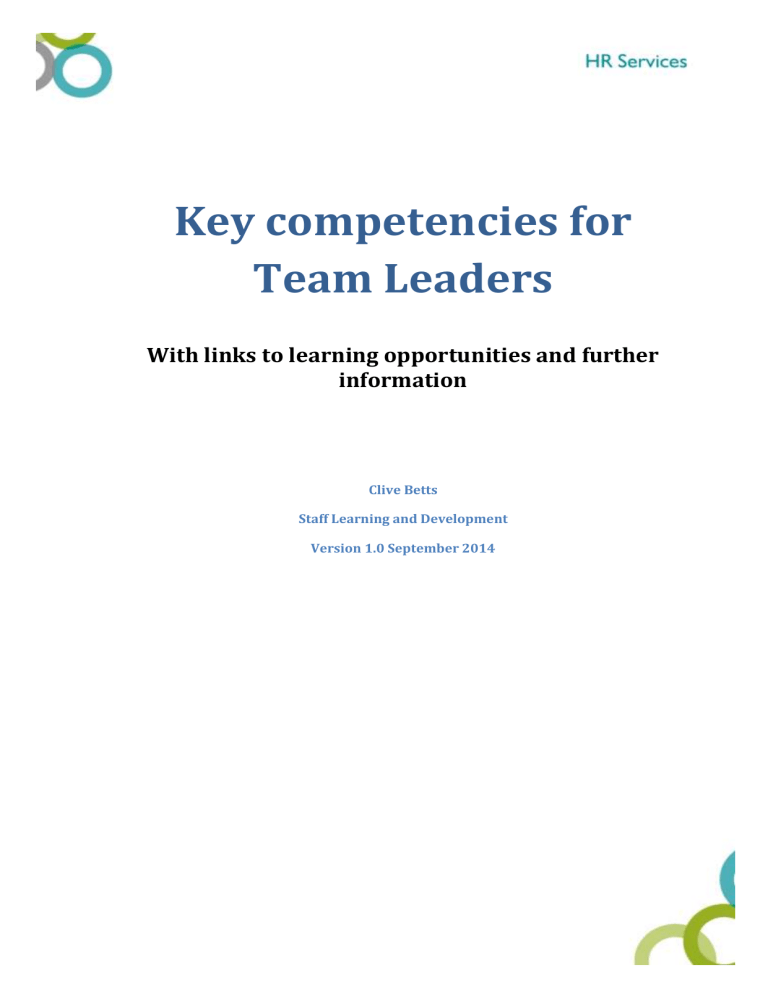
Key competencies for
Team Leaders
With links to learning opportunities and further information
Clive Betts
Staff Learning and Development
Version 1.0 September 2014
P a g e | 0
To develop yourself as a team leader you must be able to:
understand the role and responsibilities of the team leader be able to seek, accept and respond positively to feedback on personal performance
Typically these may involve the following information, steps, tools and techniques:
skills and attributes of a good team leader
Action Centred Leadership Model
own leadership style and the benefits/challenges of this style
differences between authority and accountability
process and benefits of feedback
action planning and the use of reflective learning
the Team Leaders positions in life with regard to their attitude to others and themselves
Learn about/develop/refresh this capability: Developing yourself as a team leader workshop (part of the Team
Leader programme ); You e-Develop resources
To plan and monitor work you must be able to:
understand how to work within the University's guidelines to achieve team goals understand how to plan and allocate work understand how to monitor a team’s performance against the plan
Typically these may involve the following information, steps, tools and techniques:
how organisational objectives link to College/Service objectives and ultimately individual objectives
SMART objectives
how and why conflicts might occur and actions to address these situations
key policies e.g. Performance Development Review
team theory and how teams evolve
Belbin's team model
key communication techniques and communication skills
monitoring methods (one to ones, team meetings, Gantt charts, RACI)
managing performance and potentially ‘difficult conversations’
Learn about/develop/refresh this capability: Planning and monitoring work workshop (part of the Team Leader programme) ; You e-Develop resources
To understand what motivates your team and to monitor and improve their performance you must be able to:
understand the University's requirements in relation to team performance
understand how to address underperformance
understand the role of motivation in improving performance
Typically these may involve the following information, steps, tools and techniques:
the University’s policies on performance management, attendance, conduct etc
P a g e | 1
how to identify performance issues and what immediate action to take
key principles of managing performance on a day to day basis and the importance of identifying the
‘gap’
interpersonal behaviours that are helpful
level of authority and accountability and how to plan work accordingly
key motivation theories and how these can be applied in practice
how to give feedback using feedback models
Learn about/develop/refresh this capability: Improving the performance of the team work workshop (part of the Team Leader programme) ; You e-Develop resources
To manage health, safety and environmental issues you must be able to:
understand the University's policy and responsibilities for ensuring a safe and healthy working environment
understand own responsibilities for health and safety in the workplace
Typically these may involve the following information, steps, tools and techniques:
the Legal framework for health and safety at work a
HSE and powers of HSE
The model for management (HSG 65) and detail on the components of each part (policy, implementation, training, review and improvement)
COSHH, DSE, fire safety, incident reporting
the managers role in safety management
risk profiling & identification of the risks in the workplace
hazard identification and assessment
risk scoring
audit and inspection
role of occupational health and the managers role in managing return to work
Learn about/develop/refresh this capability: Managing health, safety and the environment workshop (part of the Team Leader programme) ; You e-Develop resources
P a g e | 2
